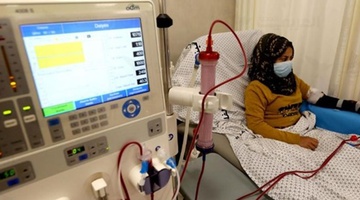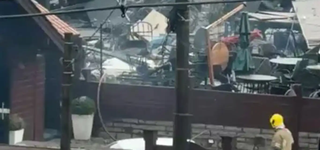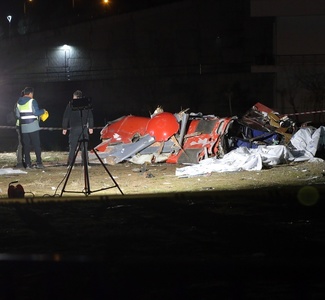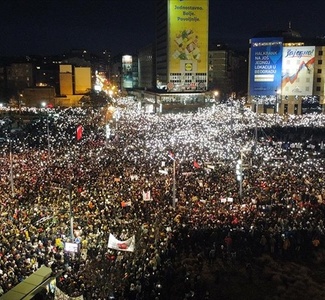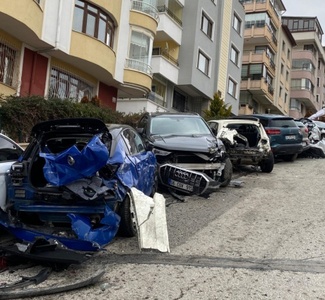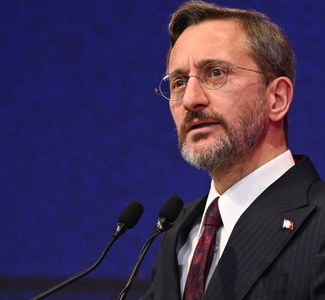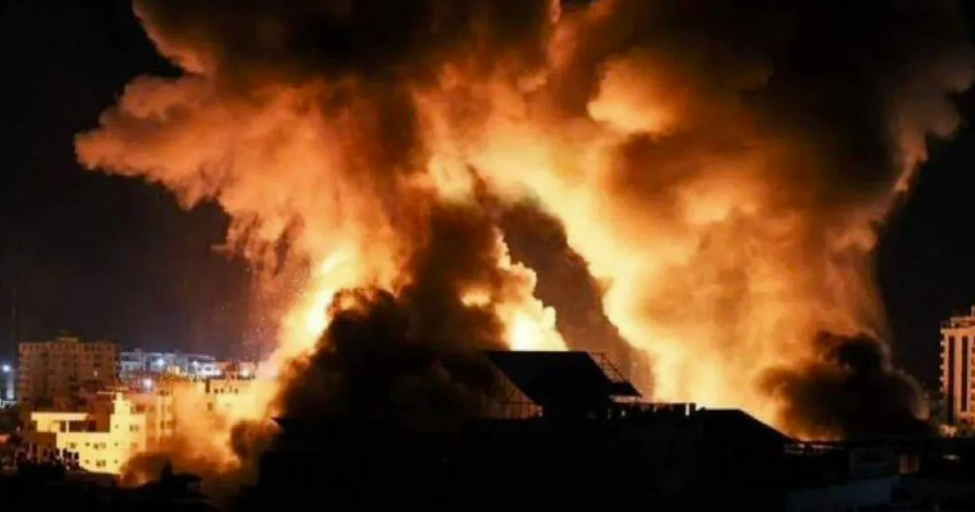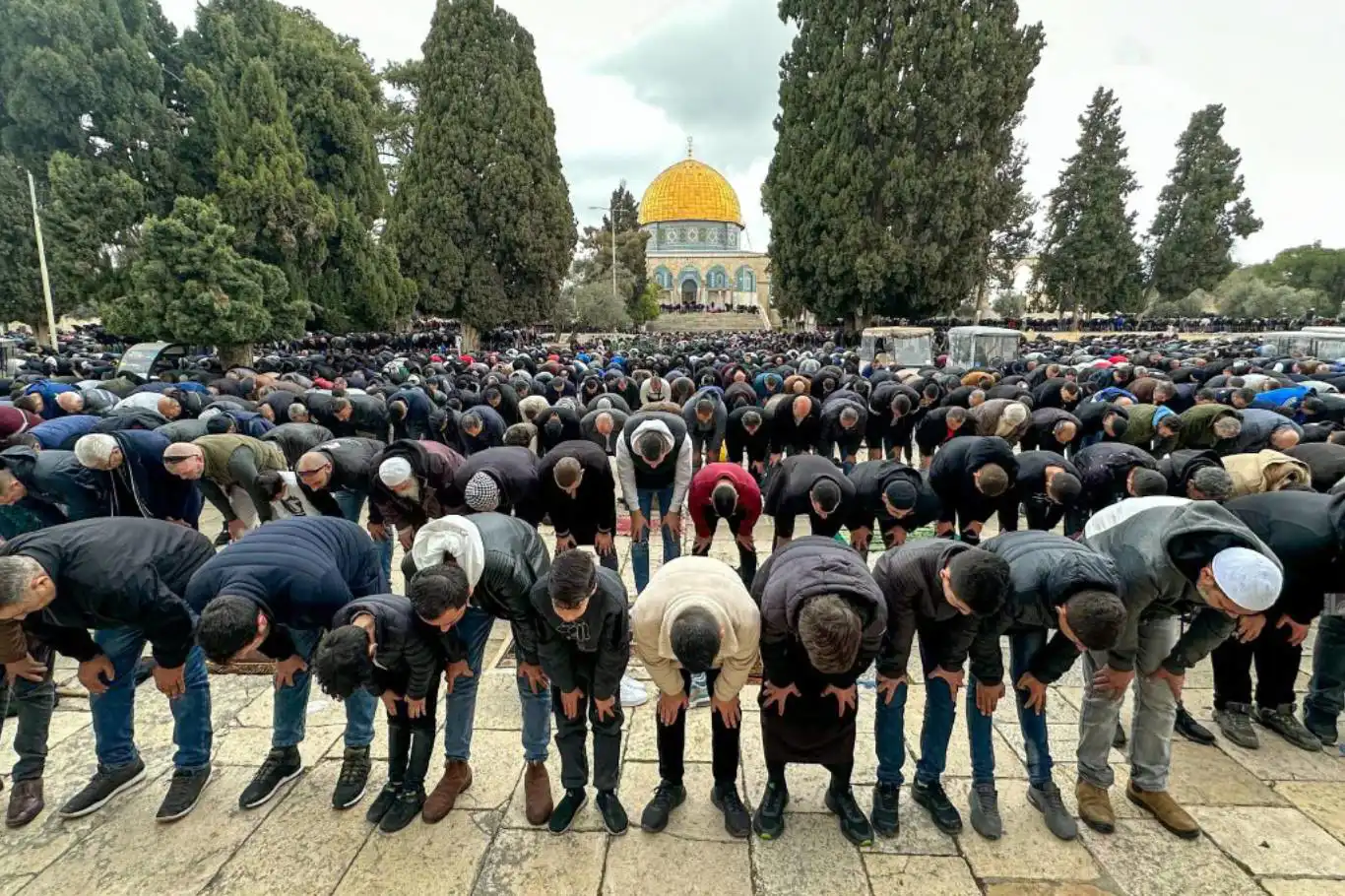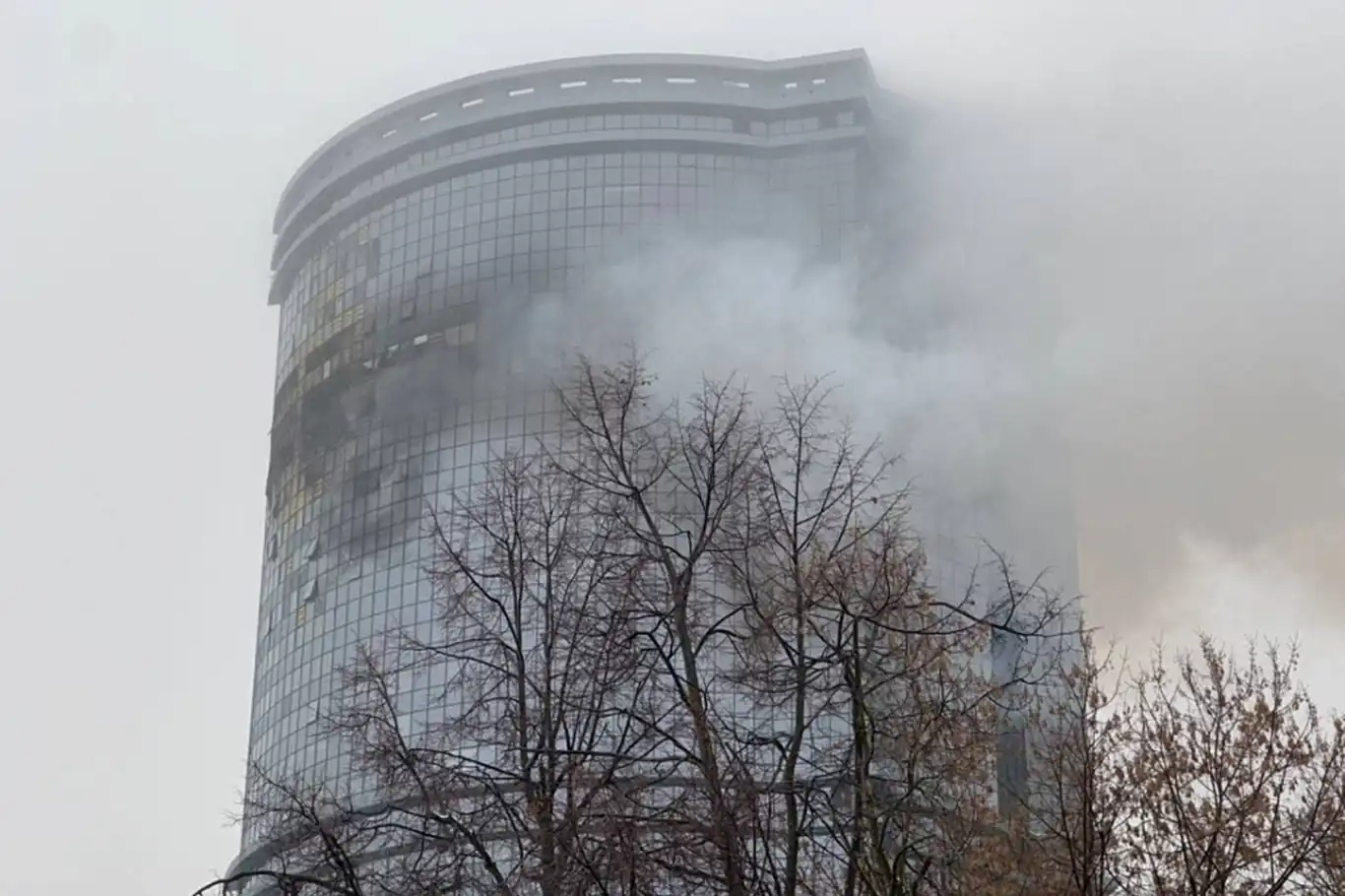Iranian President Raisi addresses UN General Assembly, highlights global shift
In his address to the 78th session of the United Nations General Assembly (UNGA), Iranian President Ebrahim Raisi declared that the project to Americanize the world has failed and emphasized the emergence of a new international order.

 Google News'te Doğruhaber'e abone olun.
Google News'te Doğruhaber'e abone olun. "The world is transitioning into a novel international order, and the project to Americanize the world has failed," Raisi said.
Raisi attributed the failure of this project to the Islamic Revolution in Iran, stating that Iran has played a significant role in unmasking imperialist forces both in the East and the West. He condemned the desecration of the Quran in countries like Sweden and called for greater reverence for religions on the UN's agenda.
The Iranian president stressed the Islamic Republic's commitment to the security of other countries in the region, extending a hand of friendship to its neighbors and advocating for regional cooperation. He criticized the foreign presence in the Persian Gulf region, referring to the thousands of US troops deployed there, asserting that foreign presence is not a solution but a problem in the region.
Regarding the conflict in Ukraine, Raisi expressed Iran's support for ceasefire initiatives and diplomatic measures to end the conflict. He reiterated Iran's stance of avoiding involvement in wars anywhere in the world.
In his speech, President Raisi highlighted the significance of the Quran in promoting values such as monotheism, justice, human dignity, and family values. He condemned acts of anti-Islamism, including the burning of the Quran, as well as cultural apartheid, particularly the banning of the hijab in schools, and called for international respect for divine religions.
Raisi also touched upon the changing global landscape, emphasizing the need to move away from global domination and towards regional cooperation. He criticized certain powers for attempting to divide the world into blocs and advocated for greater economic and political convergence within and between regions.
The Iranian president urged a global commitment to family values and privacy, asserting that the family is a fundamental and natural human institution that must be protected. He called on world leaders to prioritize the family's noble position on the international agenda.
Raisi also addressed regional conflicts, terrorism, and the Israeli-Palestinian conflict, calling for the end of the occupation of Palestinian lands and the recognition of Palestinian rights, including the formation of a Palestinian state with East Jerusalem as its capital.
In conclusion, Raisi emphasized Iran's commitment to peaceful nuclear technology and its readiness to cooperate on the condition of trust-building and fulfillment of international obligations. He highlighted the changing global power dynamics, expressing hope for a brighter future where justice prevails, and the government of righteous servants rules the earth.
Raisi's address to the UNGA reflects Iran's perspective on global affairs, emphasizing the failure of Americanization and the need for a new international order based on regional cooperation and justice. It also underscores Iran's commitment to its Islamic values and the protection of family and religious rights.
Raisi's comments on the Ukraine conflict and Iran's support for diplomatic measures align with Iran's longstanding stance of avoiding involvement in wars and conflicts. His criticism of foreign presence in the Persian Gulf region likely refers to the US military presence and reflects Iran's opposition to such deployments.
The speech also reflects Iran's ongoing commitment to its nuclear program, with Raisi asserting Iran's right to peaceful nuclear technology. This could have implications for the ongoing negotiations surrounding the Joint Comprehensive Plan of Action (JCPOA).
Overall, Raisi's speech at the UNGA outlines Iran's vision for global affairs and its role in shaping the future international order. It also signals Iran's stance on key regional and international issues, including conflicts and nuclear diplomacy. (ILKHA)




























